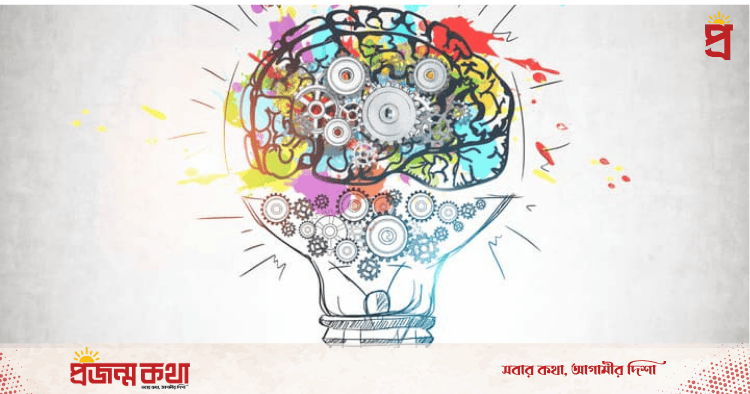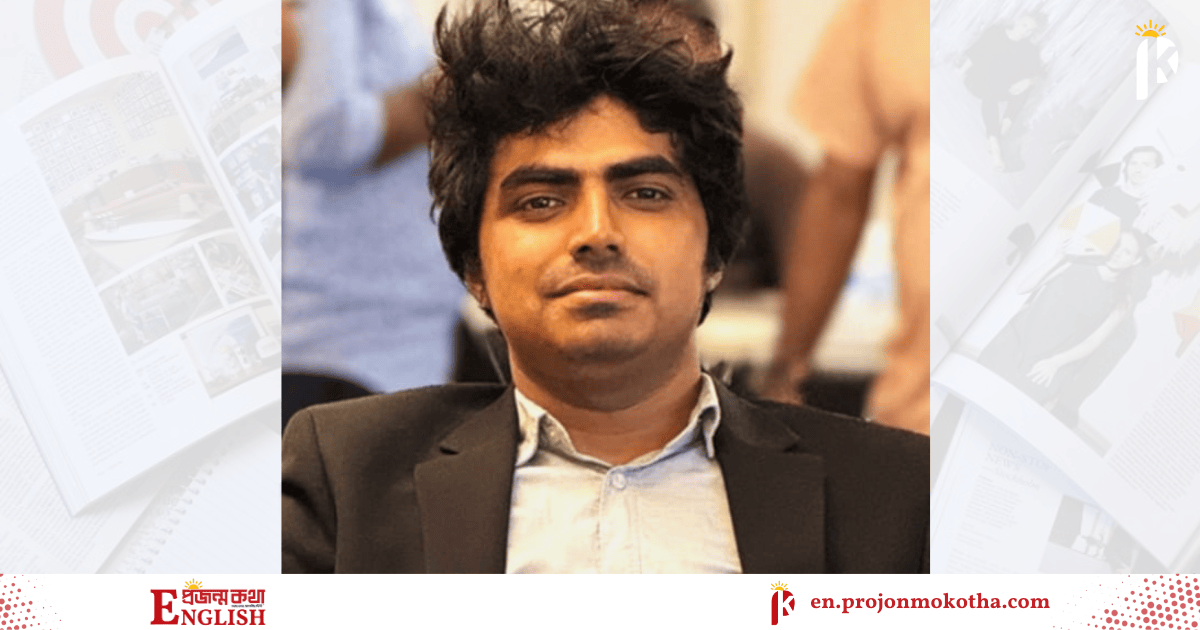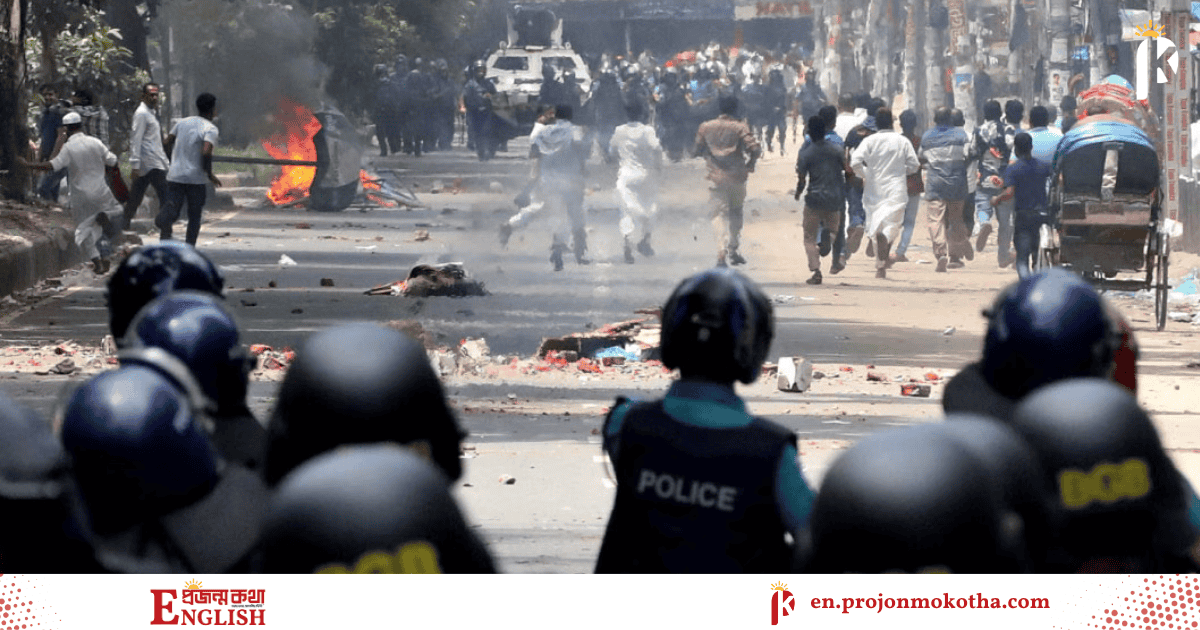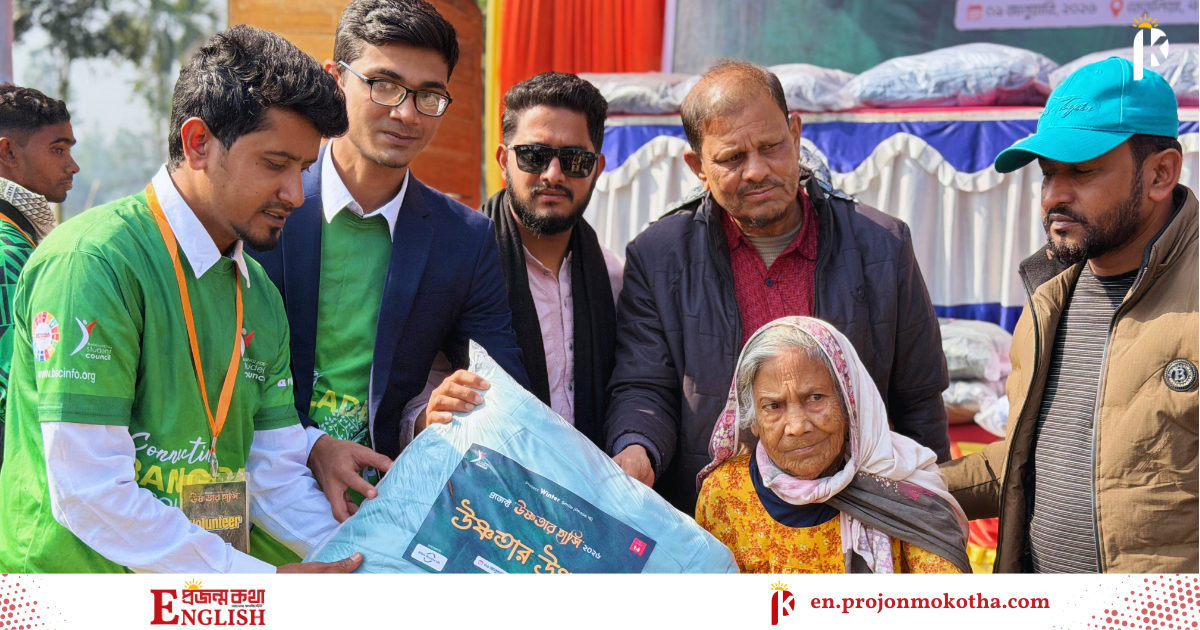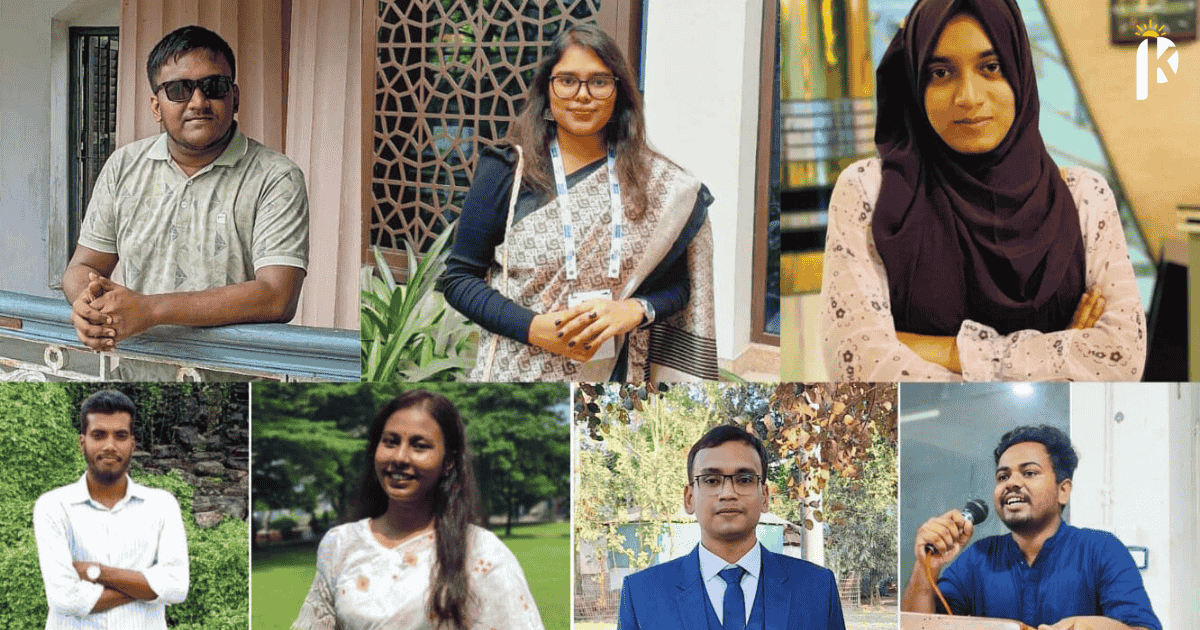Development without think tanks: A castle made of sand

- Publish : 03:10:53 pm, Tuesday, 1 July 2025
- / 62
As a nation-state, Bangladesh has crossed over fifty years of independence in South Asia. During this long period, while there have been commendable economic and infrastructural advancements, the country has failed to ensure inclusive and equitable development across all sectors. As a result, Bangladesh remains categorized among lower-middle-income nations, unable to elevate itself into the ranks of high-performing economies.
In stark contrast, Malaysia—a Southeast Asian country that also gained independence around the same historical period—has emerged as a key player in the global economic landscape and is now considered as part of the developed world. The root causes of Bangladesh’s comparative underachievement lie not only in the widespread corruption, mismanagement, and exploitation that occurred under both military and civilian governments, but also in the absence of a systematic, research-based approach to policymaking.
In a modern state, policy decisions in key areas such as the economy, governance, diplomacy, trade, defense, education, healthcare, technology, infrastructure, and development planning are typically informed by rigorous research and critical observation. This system enables the formulation of effective policies and offers actionable recommendations to decision-makers. But the obvious question arises: where are the institutions in Bangladesh that can provide such intellectual, data-driven, and independent policy advice?
One of the fundamental flaws in Bangladesh’s education system is its lack of support for knowledge production. Here, universities are still operated largely under outdated, conventional methods of teaching. There is a severe scarcity of funding in the research sector. As at consequence, most faculty members and students remain distanced from meaningful research activities—except for a select few with personal drive and external support.
Additionally, the country produces hundreds of thousands of university graduates each year. Some of them engage in academic research for their theses. However, due to a lack of research-oriented career opportunities, many lose interest in continuing their intellectual pursuits. This is deeply problematic because there can be no substitute for research when it comes to formulating and implementing well-informed public policies that foster genuine progress.
To address this gap, it is imperative that Bangladesh transitions into a knowledge-based, research-driven society. This can only happen through the establishment of sufficient think tanks across all sectors. At present, in the absence of such institutions, policy decisions in Bangladesh are too often guided by individual experience, political motivations, or bureaucratic reports from a limited circle of officials. These adhoc decisions frequently lack connection to ground realities, resulting in flawed implementation, public hardship, and massive waste of national resources.
A pertinent example in this context is India’s NITI Aayog. This institution acts as a strategic bridge between the government and the private sector, playing a vital role in long-term planning and policymaking. Bangladesh has no such equivalent body. As a result, the absence of such a structure makes the demand for robust and independent think tanks in our country even more urgent.
Any sectoral development—be it in public health, education reform, digital governance, or climate resilience—requires in-depth research, pilot programs, impact assessments, and a culture of evidence-based analysis. Unfortunately, such a culture is yet to be nurtured in Bangladesh.
Although institutions like the Bangladesh Institute of Development Studies (BIDS), Centre for Policy Dialogue (CPD), Bangladesh Institute of International and Strategic Studies (BIISS), and Policy Research Institute (PRI) are doing notable work, their collective output remains grossly inadequate in comparison to the nation’s actual needs. More worryingly, their findings often fail to influence public policy. In many cases, political leadership ignores their recommendations. Even when acknowledged, these insights rarely translate into concrete action. The consequence? Research that does not lead to tangible improvements in people’s lives.
Given this backdrop, it is time to reimagine universities as natural hubs for think tanks. Academic institutions must no longer remain detached from the policy ecosystem. Without encouraging interdisciplinary collaboration, enabling young researchers, and strengthening the relationship between academia and state institutions, we risk deepening the intellectual void that currently plagues our policy infrastructure.
Moreover, both public and private sectors must significantly increase investments in research and development. It is also critical to ensure that research outcomes are not just shelved in reports but actually implemented through smart policies. At the same time, we need to foster a civic culture that values intellectual inquiry and dialogue—an engaged citizenry that can hold institutions accountable and contribute to shaping national priorities.
Bangladesh must also move toward a multidisciplinary educational system that fosters analytical thinking, critical reflection, and creativity. The future demands not only engineers and doctors but also policy analysts, environmental strategists, sociologists, and data scientists, who can work together across disciplines to solve complex national and global problems.
Above all, we must remember that a nation does not become truly developed merely by erecting buildings, expanding highways, or achieving numerical growth in GDP. True development occurs only when logic, data, and long-term vision shape every major policy decision.
Therefore, advancing toward a state model anchored in intellectual and research-based thinking is no longer a luxury—it is a necessity. Only then, Bangladesh will aspire to achieve both material progress and intellectual depth. Otherwise, we risk constructing castles of development that are, in essence, made of sand—grand in appearance, but lacking the structural integrity to endure.
We should keep in mind, if the foundation of thought remains fragile, even the tallest aspirations of the nation will inevitably collapse under the weight of their own hollowness.
Rusaid Ahmed is a Special Correspondent of Projonmo Kotha. He writes columns on different national and international issues regularly.



